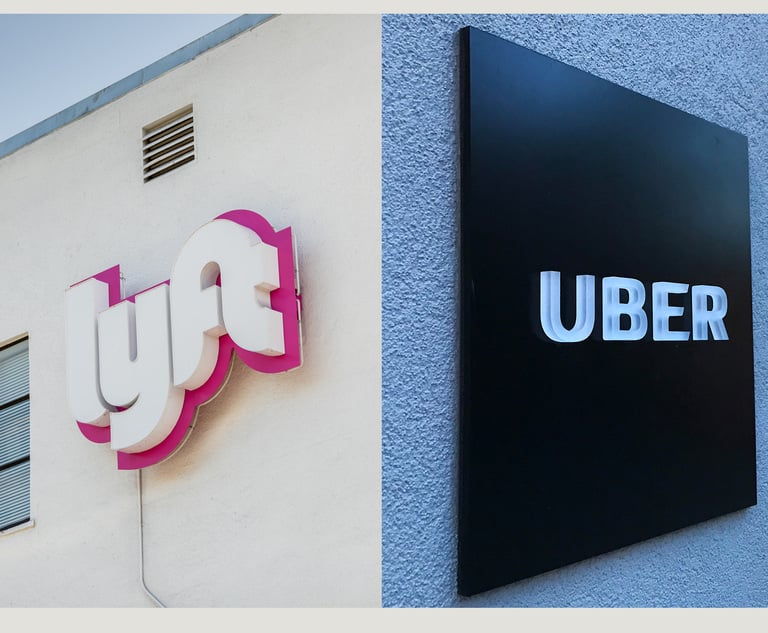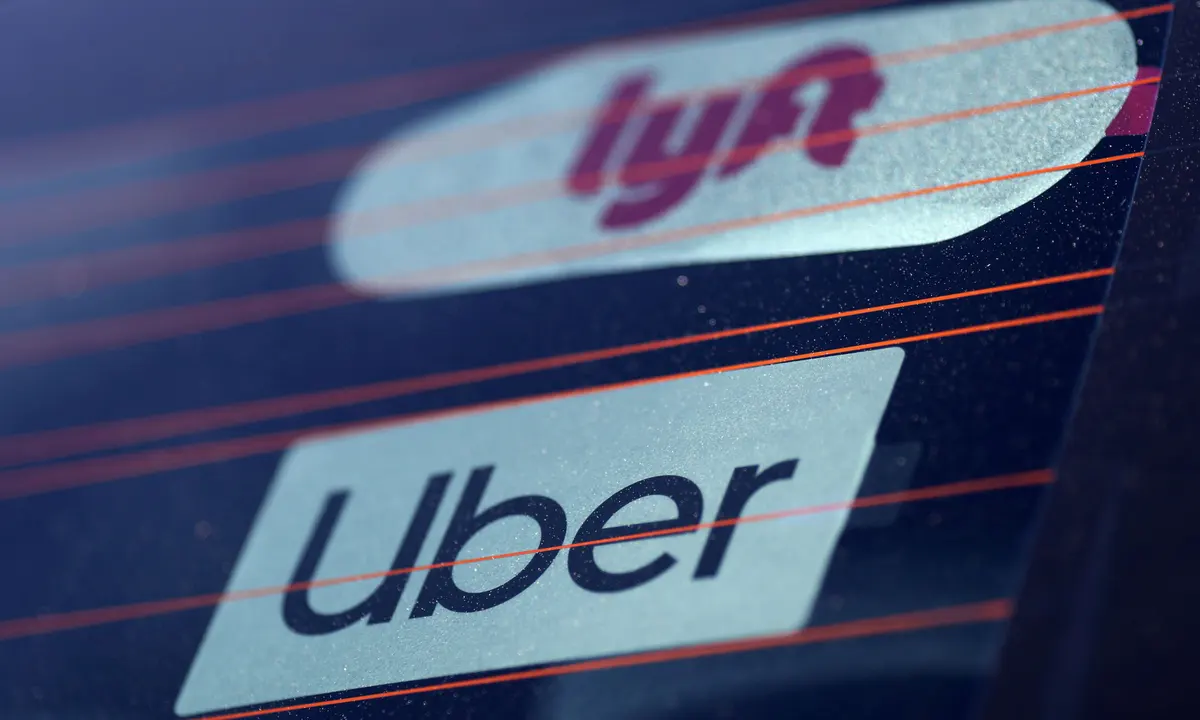Landmark Agreement Sets Minimum Pay Standard for Massachusetts Drivers
Comprehensive Benefits Package Secured Through Settlement
According to MIRROR, Massachusetts Attorney General Andrea Campbell has announced a groundbreaking settlement between Uber, Lyft, and the state establishing a minimum pay standard of $32.50 per hour for drivers. This agreement represents a significant win for gig workers ensuring they receive essential benefits previously unavailable such as guaranteed minimum pay paid sick leave occupational accident insurance and health care stipends. The settlement also mandates that Uber and Lyft collectively pay $175 million to settle allegations of violating state wage and hour laws with a substantial portion of this sum allocated to current and former drivers who have been affected.
READ ALSO: $236 Billion: Alarming Scale Of Improper Payments In US Federal Government, Highlighting Systemic Weaknesses And Calls For Reform!

$175M Settlement: Massachusetts Secures $32.50 Minimum Pay for Uber and Lyft Drivers, Ending Years of Legal Dispute! (PHOTO: Law.com)
Settlement Halts Potential Legislative Changes, Paving the Way for Fair Treatment
Campbell emphasized that this settlement brings an end to a lengthy legal dispute and prevents Uber and Lyft from pursuing changes to Massachusetts employment laws through a proposed ballot initiative in 2024. She argued that such initiatives could have undermined drivers’ rights and failed to provide sufficient protections and fair compensation. Governor Maura Healey lauded the settlement as a historic achievement addressing past grievances and establishing a fair framework that ensures drivers are adequately compensated in the future.
Uber and Lyft have voiced their support for the settlement portraying it as a model for how independent work can offer flexibility while ensuring crucial benefits. Both companies have committed to adopting a new operational strategy that balances driver flexibility with comprehensive benefits. This agreement not only resolves ongoing legal challenges but also sets a precedent for other states grappling with similar issues surrounding gig worker rights and fair treatment in the evolving landscape of the 21st-century workforce.
READ ALSO:$7,500 Vs $3,750: 2024 EV Tax Credits Explained: Understanding Eligibility, Income Limits, And Battery Component Requirements!

















































